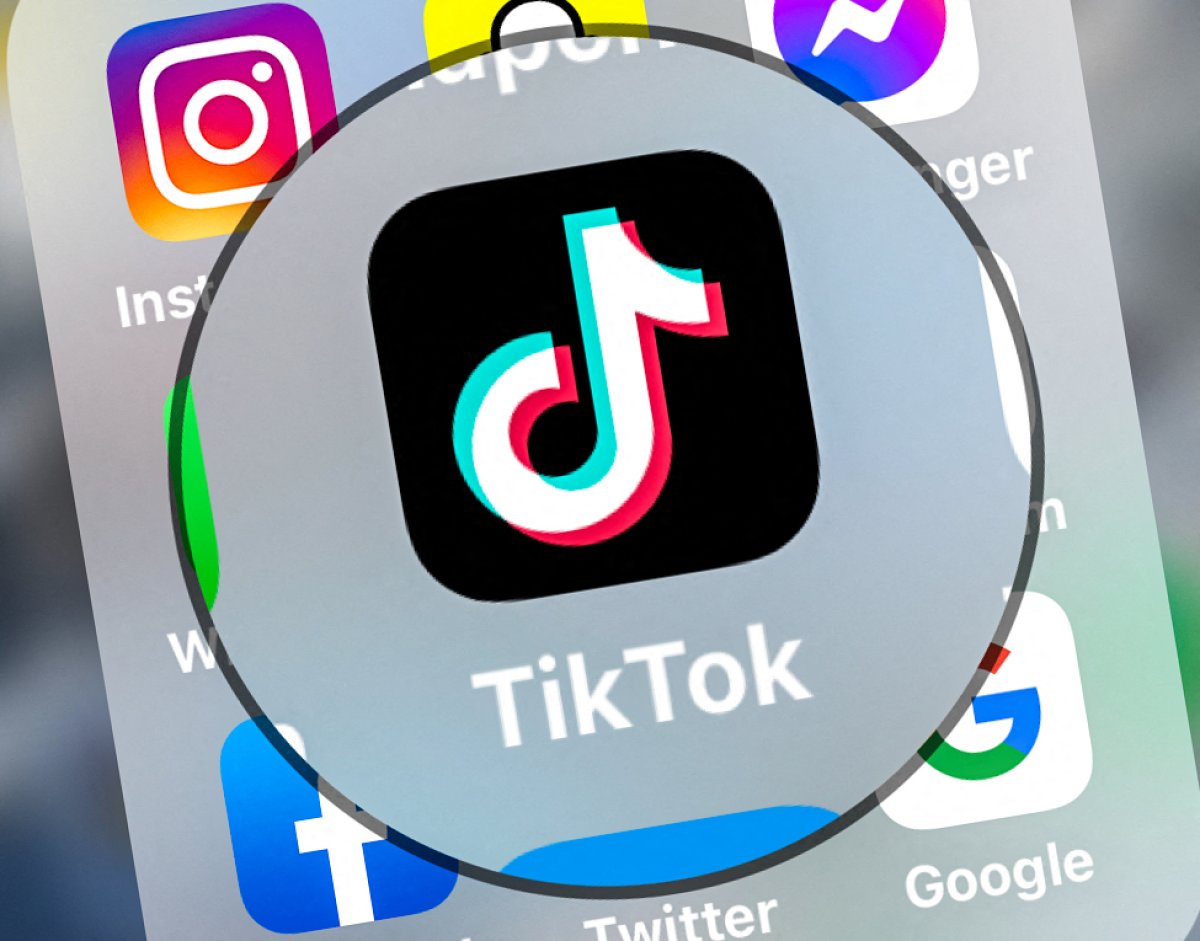I don't have a TikTok account; sometimes I feel I am left behind culturally because I am not active in that particular social media space. But I do occasionally observe posts.
The recent TikTok bimbofication genre has nearly 2 billion views. Anyone who watches this will know that attention is drawn to these women's bodies and how they look—not what they think.
Black women in particular have a long traumatic history of protecting their own bodies. Even in 2022, research shows Black women's bodies still get the brunt of negative attention. As early as 11, Black girls are viewed as women. With an unfair label and judgment, young Black girls suffer body injustice.
I recall learning years ago about Sarah Baartman, whose life as a Black woman was only celebrated because white women did not look like her. In the early 19th century, Baartman was taken from her homeland of South Africa to Western Europe, where she was displayed as an exhibit.
In London's Piccadilly Circus and Paris' Palais-Royal, she was showcased as a freak show exhibition where audiences paid to see her body. A victim of scientific racism, Baartman was called the ''Hottentot Venus" because she suffered for what we know now as steatopygia. Thus, the proclamation was that she must be the oddity. In the 1850s, the enslaved bodies of Lucy, Anarcha, and Betsey were used by J. Marion Sims to perfect gynecology for white women.
Black women's bodies continue to be "uncovered," with salacious representations that seem to always teeter toward eroticism and unnecessary objectification. The hidden truths are that racism is centered on the bodies of Black women. And Black bodies of both men and women sit at the intersection of malignity and racism. It was in 1662 in the Virginia House of Burgesses that set the premise for racial equity for generations—the principle of partus sequitur ventrem, or the requirement that the status of the mother indicated the status of her children.
In her 2021 book, Reckoning with Slavery, Jennifer L. Morgan wrote, "focusing on women, the heart of the system of racial slavery, is the claim that the body is a site of exploitation and the production of race as a legible sign of provenance."
As a Black female scientist and educator, I root my teachings in science and the truth of history. My students recently encouraged me to consider getting a TikTok account; they assured me I would go viral instantly. How cool is a science lesson on plate tectonics?
Yet the viral call to action—primarily for women and Black women particularly—is all about how they look.
Despite the long, sordid history of the marginalization of being present IRL, on social media, the beauty standards society is trying to reach often mirror unrealism. Often these standards tip off the scale and are impossible to maintain.

The media frenzy to receive likes and views just on how you look demystifies what it means to be attractive. Recent research implies that the frequency of users updating their profile and sharing personal content (such as texts and images) had a direct impact on the frequency and intensity of feedback, in the form of "likes" they received from other users in their online social network.
What becomes viral is what draws people to your story or holds attention. So, I dare to be a hit in STEM education in the classroom without TikTok because my presence in the classroom and the STEM field is urgently needed.
Data shows the lack of researchers from diverse communities is evident as only two of the 417 PhD economists employed by the Federal Reserve Board are Black. Since 2020, the pandemic has aggravated already inequitable opportunities for college readiness, further narrowing the pipeline for years to come, leaving many Black and brown students academically even further behind.
A December 2020 survey by American Enterprise Institute for Public Policy Research of 1,400 non-white STEM professionals who have left the field showed that 35 percent of respondents did so due to lack of on-the-job training. Nearly half, or 46 percent, said they left because their contributions were consistently undervalued.
The findings show that problems in the workforce culture are not limited to larger or higher-profiled companies. Rather, these experiences are endemic to being a STEM professional. Recent research by the University of Arkansas indicated that more Black teachers leave the classroom at a higher rate than all other teachers, and are on the verge of a crisis.
Perhaps filling this gap and raising the profile of Black women in STEM is the antidote to bimbofication. Several Black women scientists and STEM educators including Kenya Moore, Black SiS, and Qadirriya Muhammad have hundreds of thousands of followers on TikTok. To be sure, among the top science influencers are @TECHIENCE, Phillip Cook, a trusted source for anatomical awesomeness and the OG himself, Bill Nye. All of these influencers keep folks excited about the wonders and possibilities of STEM through social media.
In my work in middle school, I witness my students' budding perspectives of what beauty means plus what, and who, deserve the most likes on TikTok. My students often remind me what it takes to be considered popular.
My wish is that eventually being smart, competent and a leader in STEM is worth not just billions of views, but also a way to live your life.
Dr. Jennifer Stimpson is an educator, innovator, scientist, collaborator across science, education, and policy sectors, and a Public Voices Fellow through The OpEd Project. Follow her on Twitter @jstimp522.
The views expressed in this article are the writer's own.
Uncommon Knowledge
Newsweek is committed to challenging conventional wisdom and finding connections in the search for common ground.
Newsweek is committed to challenging conventional wisdom and finding connections in the search for common ground.
About the writer
To read how Newsweek uses AI as a newsroom tool, Click here.








